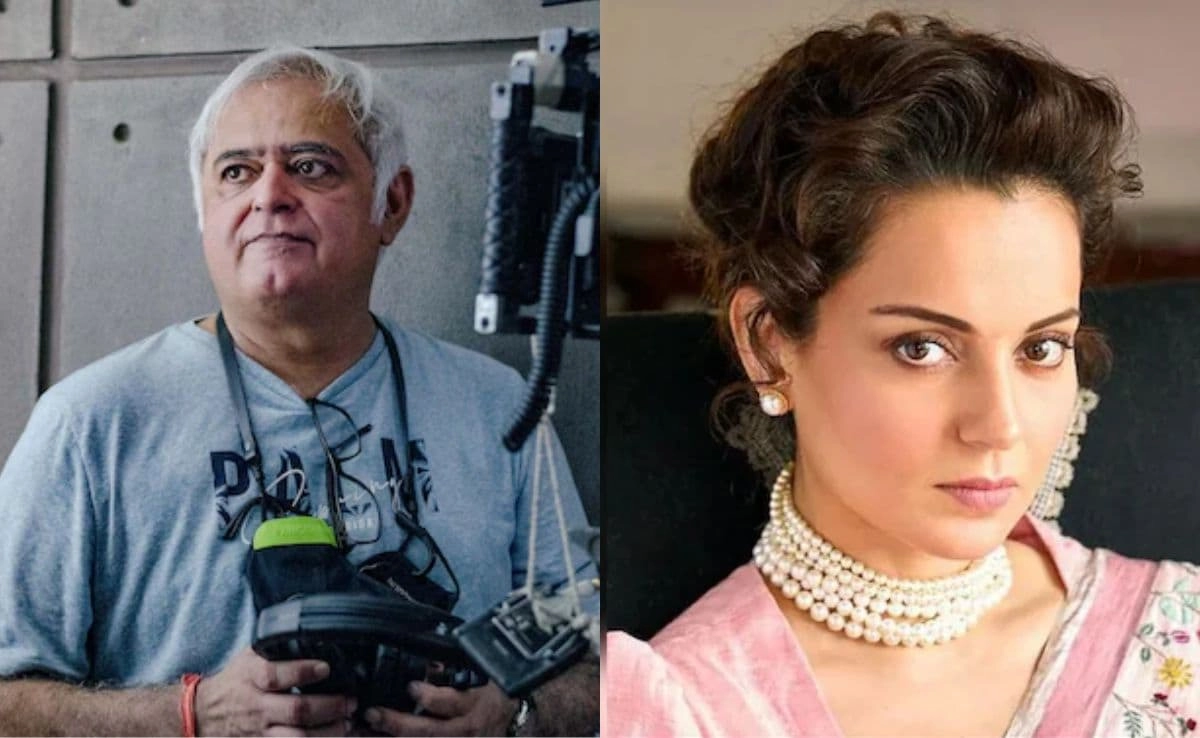In recent discussions surrounding the practice of dowry, a particularly alarming incident has come to light involving Nikki Bhati and her father. Despite the fact that dowry is illegal in many countries, including India, the persistence of this age-old tradition continues to cause distress and harm. The dowry system historically involves the transfer of parental wealth, goods, or property to the groom’s family as a condition of marriage. It has often led to severe consequences for women, including financial exploitation, domestic violence, and even dowry-related deaths.
Nikki Bhati’s situation exemplifies the ongoing struggle against this entrenched practice. When confronted about the implications of dowry, her father’s chilling response underscored a troubling acceptance of this illegal tradition. Instead of condemning the practice, which is not only against the law but also a violation of women’s rights, his reaction highlighted a troubling normalization of dowry expectations within certain societal circles. This mindset reflects a broader cultural issue where traditional beliefs overshadow legal frameworks designed to protect individuals, particularly women, from exploitation.
The persistence of dowry practices, even in the face of legal prohibitions, raises critical questions about societal attitudes and the effectiveness of laws aimed at protecting women. Activists and organizations advocating for women’s rights continue to fight against dowry and its associated harms, emphasizing the need for education and awareness. Societal change is essential to dismantling these deeply rooted beliefs and practices. The chilling response from Nikki Bhati’s father serves as a stark reminder that while laws may exist, changing mindsets is an equally important battle in the quest for gender equality and justice.
As conversations around dowry practices gain momentum, it becomes increasingly vital to engage communities in dialogue about the consequences of such traditions. By fostering awareness and challenging the status quo, there is hope for a future where women are not viewed as commodities to be traded, but rather as equal partners deserving of respect and dignity. The fight against dowry is not just a legal battle; it is a cultural revolution that calls for collective action, empathy, and a commitment to upholding the rights of every individual.




